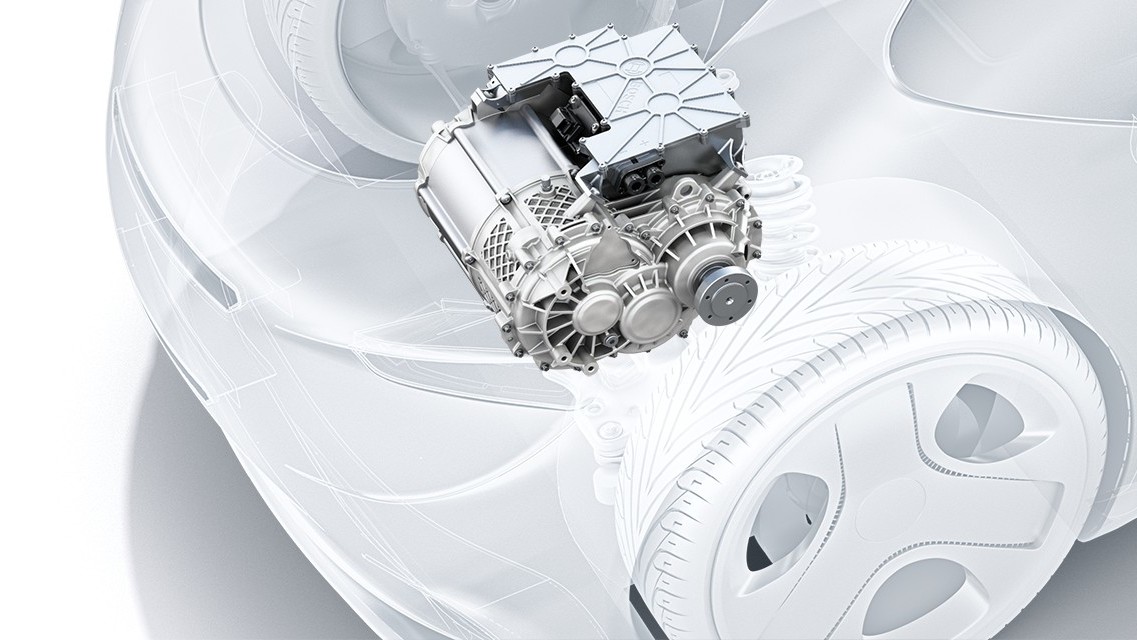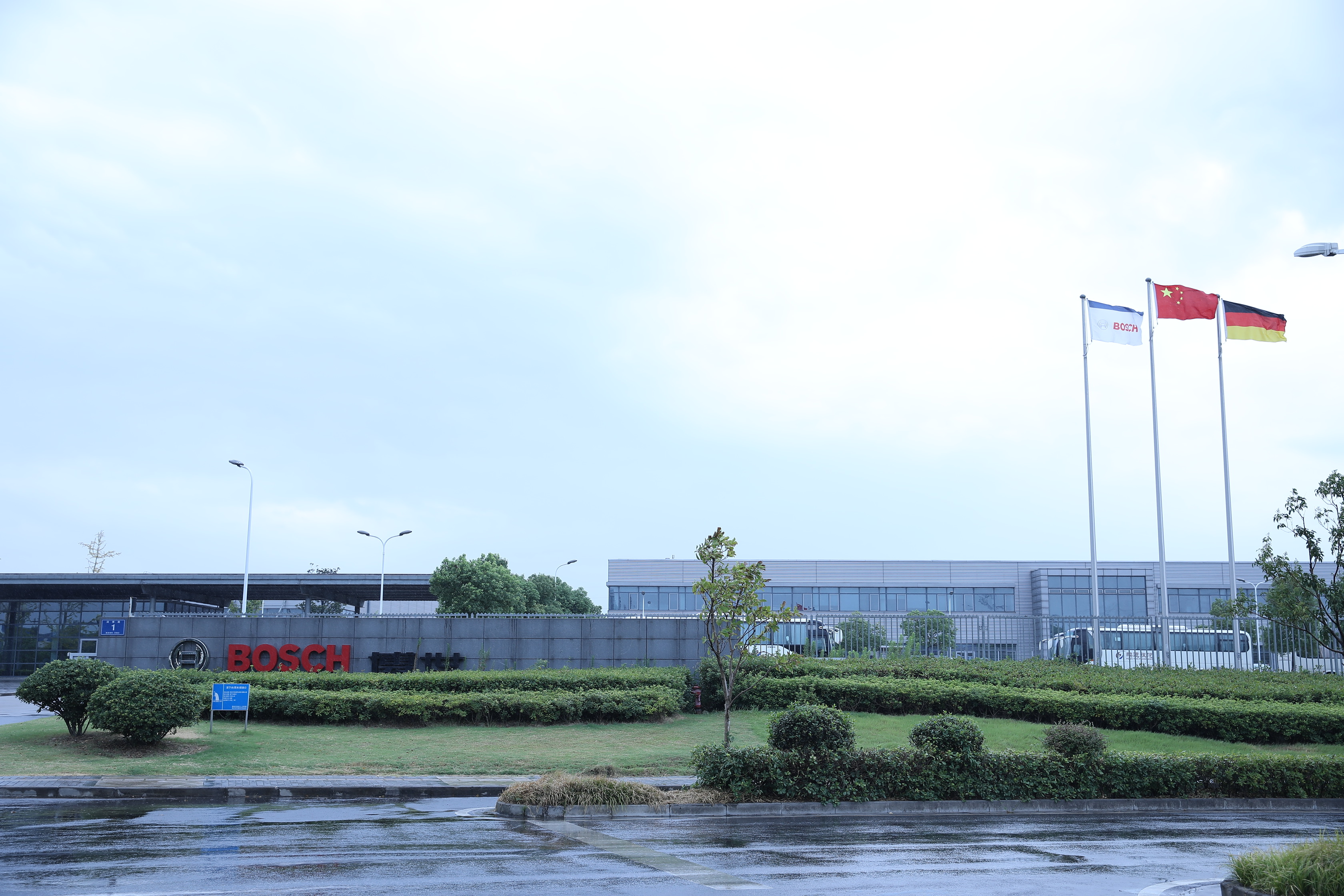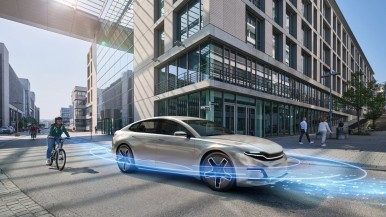Stuttgart, Germany/Shanghai, China – With more than 70 manufacturers, over one-fourth of all newly registered cars worldwide, and hundreds of millions of potential customers, China is at the heart of the global automobile industry. Despite taking time out at the moment, China remains the world’s largest automotive market ahead of Europe and the U.S., thanks to sales of 23.7 million cars. Last year, Bosch once again held its own in China. “Our Mobility Solutions business sector performed well in a difficult environment in 2018,” Dr. Stefan Hartung, a member of the Bosch board of management and chairman of the Mobility Solutions business sector, said at Auto Shanghai 2019. In 2018, Bosch’s OEM sector increased its sales in China by 1 percent to 10.5 billion euros1, accounting for roughly 22 percent of Mobility Solutions’ global sales. Among other factors, Bosch benefited from strong demand for electromobility and driver assistance solutions, as well as from brisk business in commercial-vehicle technology on the back of a 3 percent rise in sales to 4.4 million vehicles in 2018.
Ni hao, NIO: Cruising through Shanghai in an e-SUV
1 Sales for 2017 do not include the Starter Motors and Generators unit.
Mobility Solutions is the largest Bosch Group business sector. According to preliminary figures, it generated sales of 47 billion euros in 2018, and thus contributed 60 percent of total sales from operations. This makes the Bosch Group one of the leading automotive suppliers. The Mobility Solutions business sector pursues a vision of mobility that is accident-free, emissions-free, and stress-free, and combines the group’s expertise in the domains of automation, electrification, and connectivity. For its customers, the outcome is integrated mobility solutions. The business sector’s main areas of activity are injection technology and powertrain peripherals for internal-combustion engines, diverse solutions for powertrain electrification, vehicle safety systems, driver-assistance and automated functions, technology for user-friendly infotainment as well as vehicle-to-vehicle and vehicle-to-infrastructure communication, repair-shop concepts, and technology and services for the automotive aftermarket. Bosch is synonymous with important automotive innovations, such as electronic engine management, the ESP anti-skid system, and common-rail diesel technology.
The Bosch Group is a leading global supplier of technology and services. It employs roughly 412,000 associates worldwide (as of December 31, 2025). According to preliminary figures, the company generated sales of 91 billion euros in 2025. Its operations are divided into four business sectors: Mobility, Industrial Technology, Consumer Goods, and Energy and Building Technology. With its business activities, the company aims to use technology to help shape universal trends such as automation, electrification, digitalization, connectivity, and an orientation to sustainability. In this context, Bosch’s broad diversification across regions and industries strengthens its innovativeness and robustness. Bosch uses its proven expertise in sensor technology, software, and services to offer customers cross-domain solutions from a single source. It also applies its expertise in connectivity and artificial intelligence in order to develop and manufacture user-friendly, sustainable products. With technology that is “Invented for life,” Bosch wants to help improve quality of life and conserve natural resources. The Bosch Group comprises Robert Bosch GmbH and its roughly 490 subsidiary and regional companies in over 60 countries. Including sales and service partners, Bosch’s global manufacturing, engineering, and sales network covers nearly every country in the world. Bosch’s innovative strength is key to the company’s further development. At 136 locations across the globe, Bosch employs some 82,000 associates in research and development.
Additional information is available online at www.bosch.com, www.bosch-press.com.







